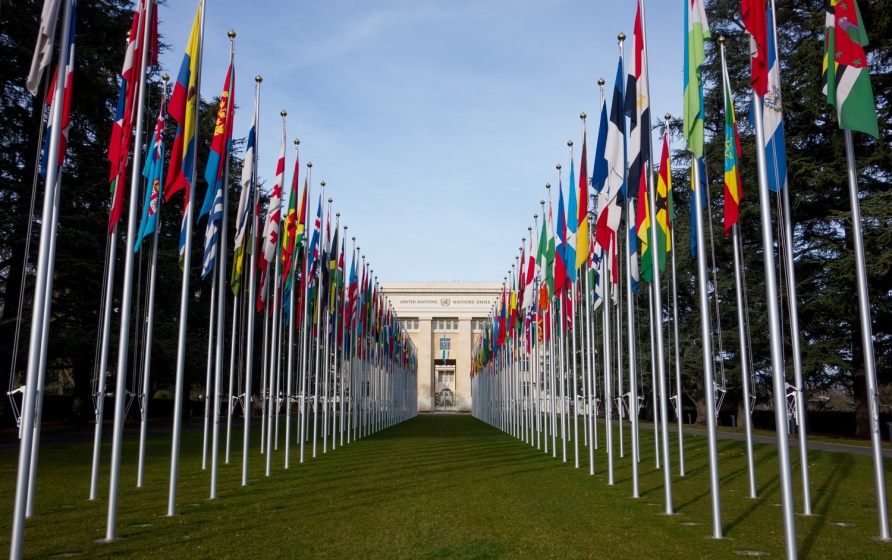On 27 May 2019, the United Nation (UN) Working Group on Arbitrary Detention; Special Rapporteur on extrajudicial, summary or arbitrary executions; Special Rapporteur on freedom of religion or belief; and Special Rapporteur on torture and other cruel, inhuman or degrading treatment or punishment, published an Urgent Appeal addressed to Saudi Arabia concerning the risk of execution of Dr. Abbas Alabbad as a result of an unfair trial and discrimination based on religious belief.
On 17 March 2013, Dr. Abbas Alabbad, who is part of the Shia minority in Saudi Arabia, was arrested in Riyadh by Saudi forces without a warrant. His arrest was part of a larger series of arrests between 2013 and 2014, which included other members of the Shia community. Dr. Alabbad and 31 others were accused of spying on behalf of Iran and charged with “high treason,” among other offenses. Some of the individuals additionally faced charges not recognized as criminal offences under international law, such as “supporting protests” and “spreading the Shia faith,” and Saudi authorities threatened some of the men with solitary confinement and restrictions to contact with their families if they did not sign confessions.
Dr. Abbas Alabbad was held incommunicado for the first three months of his detention, interrogated without a lawyer, threatened with violence, and forced to sign false confessions that were later used to convict him. Despite being denied due process rights, Dr. Alabbad and the 31 other defendants were brought to trial in 2016.
In December 2016, Dr. Alabbad and 14 others were sentenced to death in a mass trial by the Specialized Criminal Court (SCC), and their sentences were subsequently upheld by the Court of Appeal of the SCC. In February 2018, the Supreme Court repealed the sentence and two months later the SCC held a new hearing where the prosecution again called for the death penalty. Shortly after, 11 of the individuals who were convicted alongside Dr. Alabbad were executed, intensifying concerns regarding his risk of imminent execution. These individuals were executed by the Saudi government along with 26 other men in April 2019, and several concerns were raised surrounding the government’s failure to comply with proper due process and fair trial guarantees before carrying out the death penalty. In response, the UN High Commissioner for Human Rights, Michelle Bachelet strongly condemned the executions.
The Urgent Appeal also addressed general concerns surrounding the fairness of Dr. Alabbad’s trial and ultimate sentencing, considering the allegations of torture, ill-treatment, denied access to council, and incommunicado detention. The UN Special Procedures highlighted the likely targeting of Dr. Alabbad for being a part of the Shia community, and criticized discrimination based on religious beliefs.
Special Procedures concluded by calling on the Saudi government to review the case of Dr. Abbas Alabbad and all current death penalty cases, in order to ensure that the international minimum standards are met. In addition, the UN Special Procedures calls on the Government of Saudi Arabia to immediately establish a suspension on all executions with a view to abolish the death penalty, to provide any additional information on Dr. Alabbad’s arrest and charges, and to respond to allegations of torture and ill-treatment and hold perpetrators accountable. Lastly, they requested information on how Saudi Arabia is working to ensure citizens can freely exercise their right to freedom of religion and belief without discrimination. Saudi Arabia has responded to the Urgent Appeal, and you can find a copy of the translated response here.
Tovah Bloomfield is an Advocacy Intern at ADHRB





